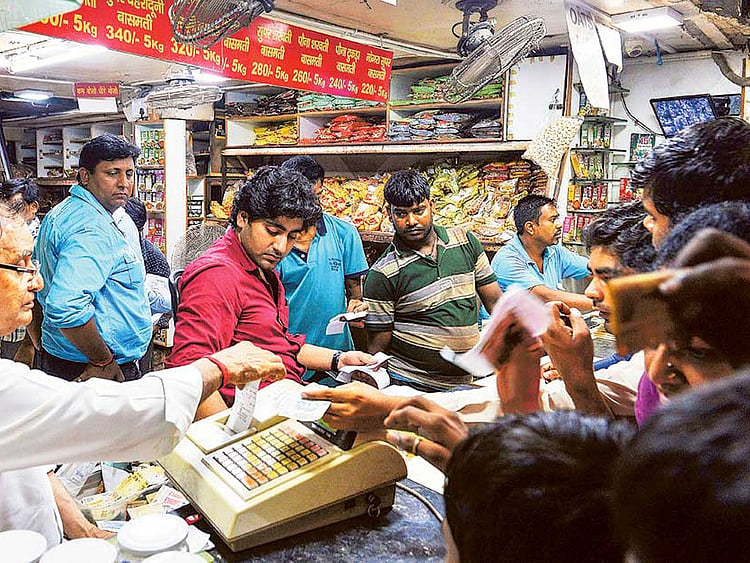India’s GST regime will need a radical overhaul
Only such changes can kick-start consumer spending and lessen load on business

India went into lockdown on March 25 by restricting 1.3 billion people to step out from their homes. Businesses are operating in fear of an impending collapse of global financial markets. The situation, clubbed with slow economic growth last year, is leading to extremely volatile market conditions and businesses are suffering.
The WTO (World Trade Organisation) on April 8 predicted that global trade is expected to decline anywhere between 13-32 per cent this year as the Covid-19 pandemic disrupts economic activity and life. Rating agency ICRA cut India’s GDP forecast and expects the economy to grow at just 2 per cent in the current fiscal.
Further, the lockdown has affected almost all industries in India, with the exception of what qualifies as essential goods/services and limited support functions. The Indian economy relies majorly on imports, and Covid-19 has led to a substantial decline in volumes from China from the middle of January, and remained almost negligible in February and March.
With the decrease in imports (although ports and logistics parks were operative for most of March), the GST (Goods and Service Tax) collections were impacted for the month, with an 8 per cent decline from what it was a year ago.
Ratcheting up economic aid
Considering the steady increase in the number of coronavirus cases in India, the government has been quite active in providing a plethora of relief to businesses. The extension of due dates and relaxation of interest levy and late fees was the first step. More recently, Government has asked the tax officers to release all pending GST/customs refund claims, which would bring immediate relief for the industry and circulate money in the market.
Separately, various extensions of due dates and relief are also provided under income tax laws on similar lines. Similarly, to facilitate cross-border trade, measures put forward by the various customs entities include the waiver of late fee/penalty for delays in filing bills of entry, 24x7 customs clearance and relaxation in respect of “country of origin” certificate related procedures for export consignments.
Need for radical measures
While the government is taking all possible steps to contain the outbreak, it is pertinent to mention that the worst-hit sectors such as real estate, aviation, hospitality, etc are under tremendous revenue pressure and struggling to cope. They remain hopeful of significant GST-related relief.
From a long-term perspective, the GST and customs law needs to be revisited, and changes are required to be made to support sectors like aviation, shipping, logistics, real estate, automobiles, hotels, restaurants, jewellery, retail, etc.
Before moving ahead on sector-wise relaxation, these measures deserve to be considered for revision under GST and customs laws:
* Deferment of E-invoicing and a new return compliance mechanism. This which will ease the procedural burden on taxpayers and enable them to focus on core business and not IT-related aspects.
* Immediate release of pending GST and customs refund. This has been activated, and implementation is now the key.
* Review of tariff rates on various commodities to enable imports. This incentive is much needed for manufacture and the “Make In India” campaign.
* Introduction of production-linked incentives/schemes to support and boost manufacturing, especially among SMEs.
* Relaxation in input tax credit to match provisions under GST laws.
* Deferment of GST audit and annual return provisions.
With the above measures, consumer spending could be boosted, industries could potentially benefit to a larger extent, and the impact of this Covid-19 could be minimised.
Nimish Goel is a Partner at WTS Dhruva Consultants, UAE. Ranjeet Mahtani is Partner at Dhruva Advisors, India.
Sign up for the Daily Briefing
Get the latest news and updates straight to your inbox
Network Links
GN StoreDownload our app
© Al Nisr Publishing LLC 2026. All rights reserved.